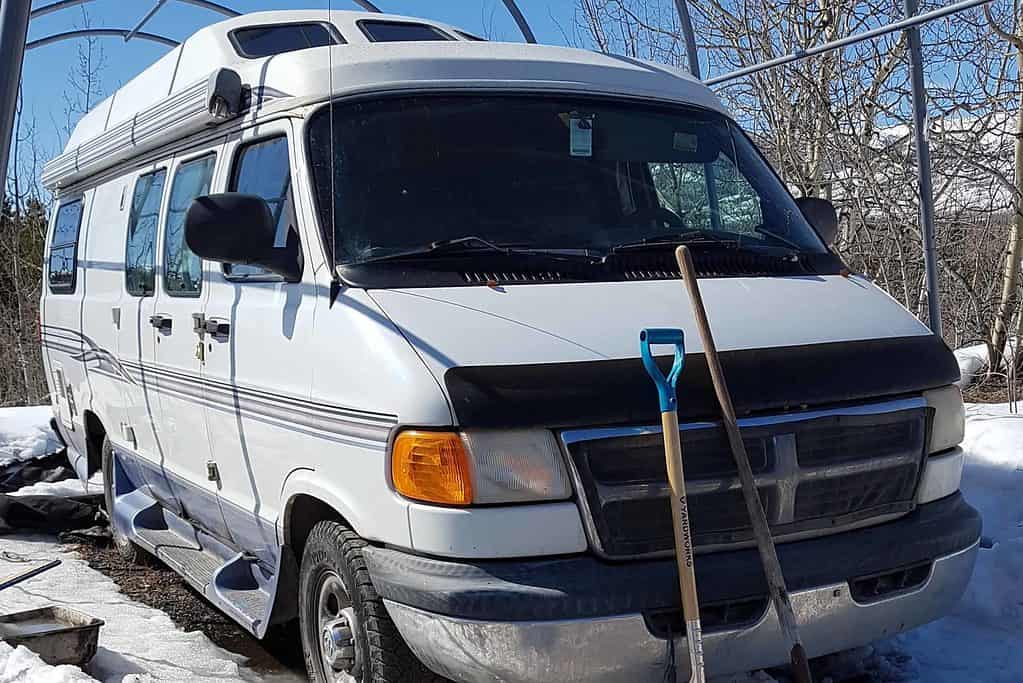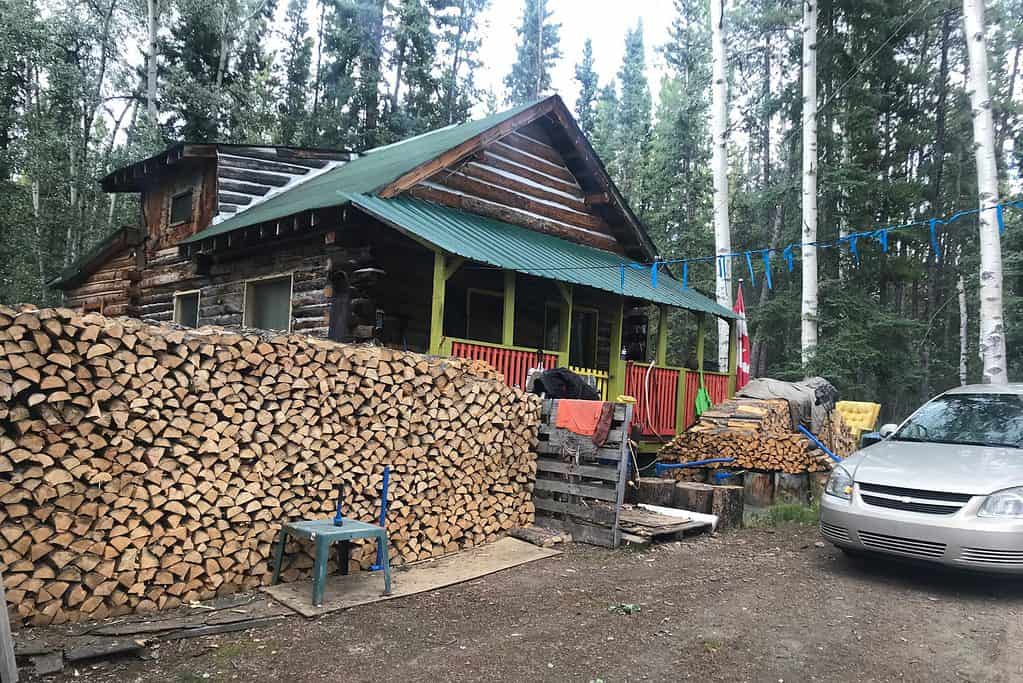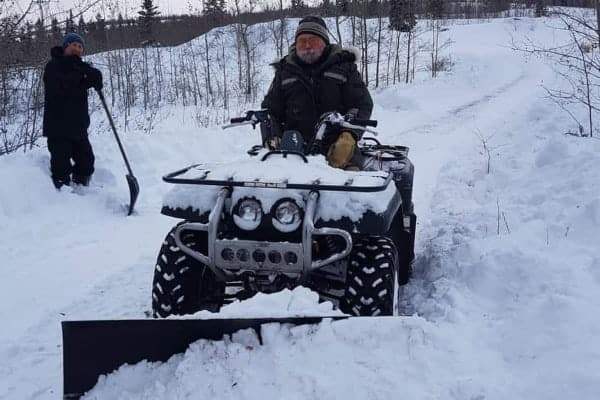Last week I said goodbye to my mountain bike. I have been an avid cyclist since childhood. I learned to ride at about age 10 on the “family bike,” a genteel, lady’s Raleigh three-speed that had belonged to my mother. As the eldest, I had priority for that bike, and it gave me an unimaginable sense of freedom.
About a decade later, the first 10-speed bikes became available at the Canadian Tire store in Kingston, Ontario, where I lived back then. Mine was red with drop handlebars and lever gear changers. I embraced it with enthusiasm. Within a few years, I had begun cycle touring and camping with that bike. My first tour was around Prince Edward Island and I was hooked.
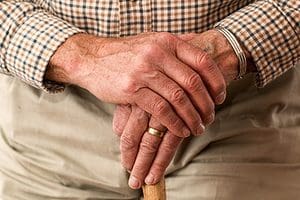
Later, it was cycle touring around New Zealand and then Europe. At the start, good panniers were unavailable in New Zealand, where I was living at the time, so my husband and I copied the Karimore ones of British friends. I did the cutting and sewing; he did the hardware – buckles and racks and so on, as there was no Velcro at that time. We were still using those panniers 30 years later in 2004, touring in the Outer Hebrides in Scotland.
Bikes were a major family transportation as we grew to five. In fact, I biked to work the day before my eldest son was born. He now owns a bike store, go figure!
Moving to the Yukon in 2012, I embraced all the opportunities for biking – commuting, road riding, the challenge of the Kluane Chilkat International Road Relay and, finally, mountain biking. I loved all of it. Single track mountain bike riding was a steep learning curve aided by a couple of lessons from a skilled instructor. I’ve had a few falls over these last nine years, but no broken bones or serious injuries.
Then, last June, I developed chest pains riding on a challenging single-track trail. And that was the beginning of the end of mountain biking for me. Good medical treatment has allowed me to continue most activities that I want, but it seems mountain biking is not to be one of them. It’s not a type of biking that can be done slowly and cautiously, in my experience. That just ends up in frequent stops, walks and falls. Perhaps an e-mountain bike is in my future, but I have lost the confidence for single track riding.
I now ride an e-bike for commuting around town, up Two-Mile Hill and South Access. It’s been a great solution for a biking addict such as myself.
However, that brings me to the real topic of this article – loss (I was sidetracked by bikes). Loss becomes a fact of life as one gets older. It probably seems a bit extreme to grieve the loss of mountain biking at age 72. The last 18 months have been a time of many more significant losses for a lot of people. Many have lost relatives, friends and loved ones to COVID. Others have lost jobs, homes, income, social lives, church, travel and hugs.
For me, diminishing physical and mental abilities are hard ones. I can no longer play on the floor with my granddaughters for more than a few minutes. I must limit the number of things I try to do in one day, or even one week, in a society that affirms doing lots of activities. I cannot pretzel myself into the yoga poses that I previously did with ease, and I cannot always remember the names of people I meet, or find the word that I want to say until the conversation is long past. These are things that I just need to let go of. Letting go is a skill that we all need to have sooner or later to get through life with joy and dignity.
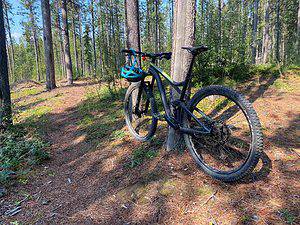
Loss and letting go are not the same thing, although both include grief. Loss seems to imply a kind of victimhood and can result in anger and resentment. Letting go seems more positive, implies a choice, an attitude of agency and is a practice for that final letting go that we all face. With each letting go there is a little space created where something new can be born. Perhaps the wisdom to “pay attention.” There is time to slow down, listen, and do each thing with deliberateness and mindfulness. The task now is choosing how to fill that space.

